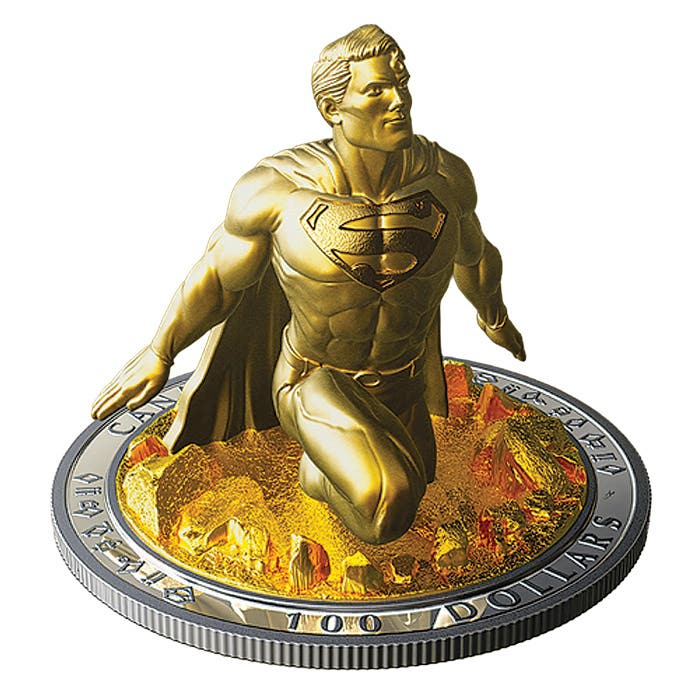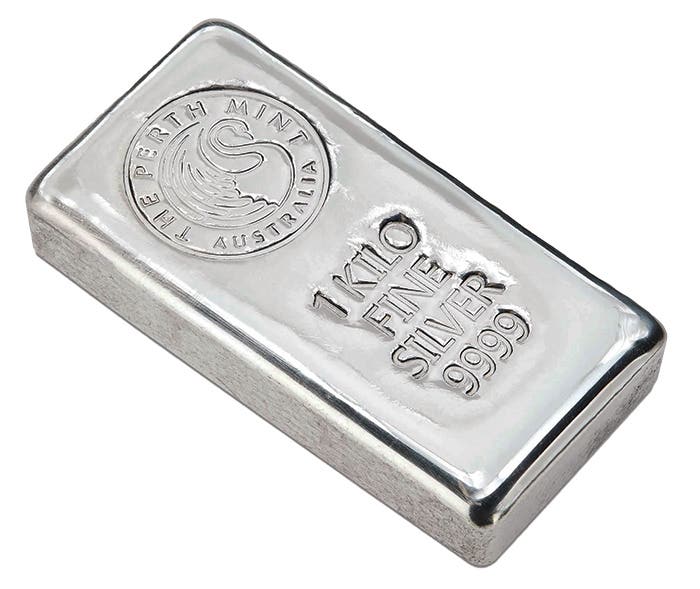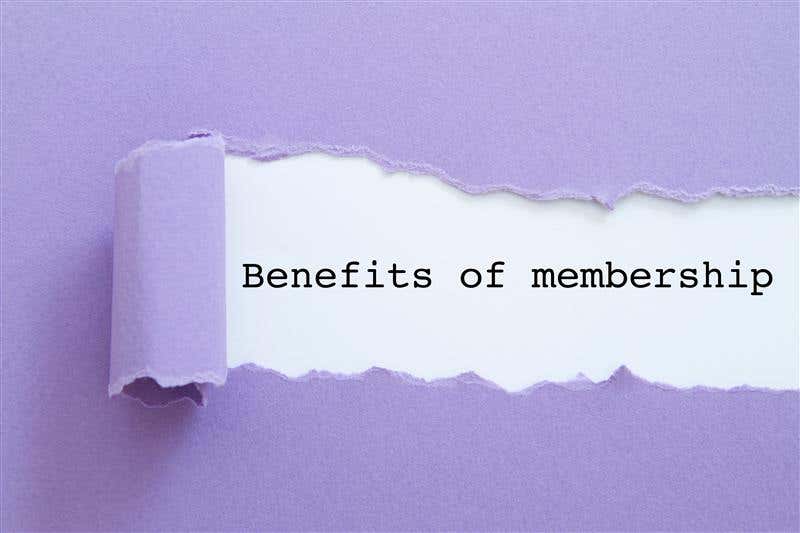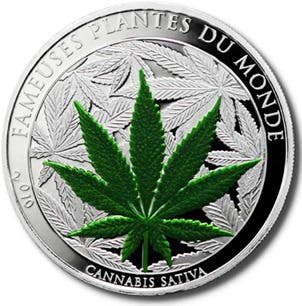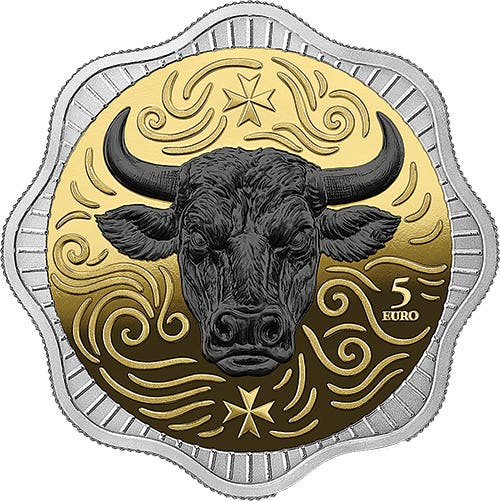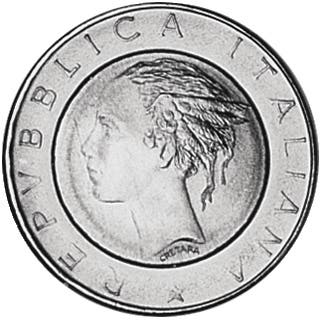Coin Show Etiquette Part Two
by Bruce Frohman Proper Coin Show Etiquette as a Seller Most collectors have much less experience selling than buying and must adapt to a new set of unfamiliar experiences to…
by Bruce Frohman
Proper Coin Show Etiquette as a Seller
Most collectors have much less experience selling than buying and must adapt to a new set of unfamiliar experiences to be successful.
Dealers need coins in order to have merchandise to sell. However, they prefer coins that they know their customers want and avoid items that they know are difficult to move.
Some sellers presume that dealers are out to get something for nothing. In reality, most dealers pay what will enable a reasonable profit. Dealers must move merchandise for the profit needed to stay in business! They cannot afford to hold too large an inventory.
Many sellers bring a pile of coins and expect dealers to pay retail for the entire pile. A big mistake sellers make is to overvalue their coins and then get angry when dealers offer substantially less than expected. Conversely, dealers may become angry with sellers who overvalue their coins or don’t know what their coins are worth. When a seller cites a retail price guide to justify a high asking price, dealers sometimes have trouble remaining diplomatic.
The original purchase price of the coins offered for sale is irrelevant to the current valuation. Also, some sellers forget how they took years to accumulate their collection but expect a dealer to buy everything in five minutes. Have reasonable expectations.
Collectors who bought from telemarketers become angry the most often. Sellers become irate when they learn they paid way too much for the coins and will have to take a large loss. The anger is misplaced at the dealer whereas the telemarketer is the culprit.
Dealers wince when a collector says coins were purchased off the TV. To avoid potential conflict, a dealer may decline to make an offer by saying that he does not need the coins for inventory.
Rather than buy an entire pile of coins, some dealers prefer to acquire select pieces for their customer base and decline the rest. Many collectors insist on getting rid of everything at once and they are disappointed with the offer. Logically, a dealer will pay less for the material he does not want but may feel obligated to buy everything as a courtesy to the customer.
Selling coins takes time, just like buying them did.Any coin can be resold, but the price realized depends on the strength of the market, demand for a series, whether the coin is a key date, a semi-key, a common date, the grade, eye appeal, and finding a customer.
When a dealer buys an entire collection, he has to figure the value, determine demand, and decide how he can market every part of it without tying up his cash for long periods.
Given all the variables, sellers should be patient when trying to liquidate coins and be willing to visit several dealers at a show. Dealers know what they need for inventory and will offer good money for what they buy.
The more effort expended by the seller to market his coins, the greater the total sales price realized. Either the seller does the work to find the buyers or sells everything to one dealer who will reap the greater reward. Most heirs prefer to let the dealer sell all so that they need not learn about the hobby.
Allowing a dealer to “cherry-pick” enables him to acquire what he needs and enables the seller to find different dealers who will be happy to acquire other parts of the collection.
If a dealer declines to buy any coins offered, he either may not currently have the cash to buy anything, does not handle the merchandise being offered, or has adequate inventory. At shows, some dealers do not want to buy any coins until they have sold some. They may be short on cash from Show expenses or recently bought a collection.
Sometimes, a seller can return to a dealer who earlier declined to buy anything, especially if the dealer asks the seller to return later.
Declining to buy anything is not a personal reflection of the seller. On the other hand, if several dealers decline to buy anything, ones asking prices are probably too high.
Collectors who point out flaws in coins they are selling more easily gain the dealer’s respect for honest dealing.
Collectors who have built positive business relationships with coin dealers over a number of years will find selling coins easier because the collector will know dealer preferences.
Collectors who purchased all their coins from telemarketers and via the internet will have the most trouble selling their coins because they probably paid top dollar for acquisitions and have no idea who might need their material.
Collectors who sell their material via the internet learn that an enormous amount of work is required to do so and that profits are thin after paying fees. If the material is needed, dealers at coin shows may pay more than the prices realized on the internet.
The importance of proper etiquette when selling cannot be overstated. The seller must be pleasant, polite, diplomatic, assume the dealer is honest, not argue, and never get angry. The interaction should be pleasant. One may diplomatically turn down an offer; the next dealer’s offer may be less or could be higher.
As an extreme example, I once sold an AU Walking Liberty Half Dollar at a show. The first dealer I showed the coin to offered me $15 based on the typical common date value. He did not need the coin for inventory. After showing the coin to several dealers, I sold it for $115. I knew the coin was a better date, knew how much I wanted for the coin and sold it to a dealer who needed it.
An offer will reflect the dealer’s need, such as whether he has a customer for the coin. If he has multiples of the coin being offered, he will either make a low offer to encourage the sale elsewhere or decline to buy it. With some infrequently traded coins, like First Spouse Gold Coins, one may need to attend several shows or place an ad in Numismatic News to find a buyer.
Often, the best offer comes from the very first dealer! Think hard before rejecting an offer close to asking price.
If one tries to sell a large number of coins at once to a dealer at a show, the seller can expect numerous interruptions from customers who are buying coins. The dealer usually has a higher priority in taking a profit from outgoing inventory than in acquiring new inventory. The dealer is not deliberately being rude to the seller--he is operating in survival mode to make his coin show expenses. Plus each sale provides more cash for the dealer to buy the seller’s coins.
For larger collections, many dealers prefer to conduct business outside of the show setting, when they can take more time to evaluate and offer a fair price. At a show, when a dealer is rushed, he may offer less than he would if he had more time to study the finer parts of the collection.




